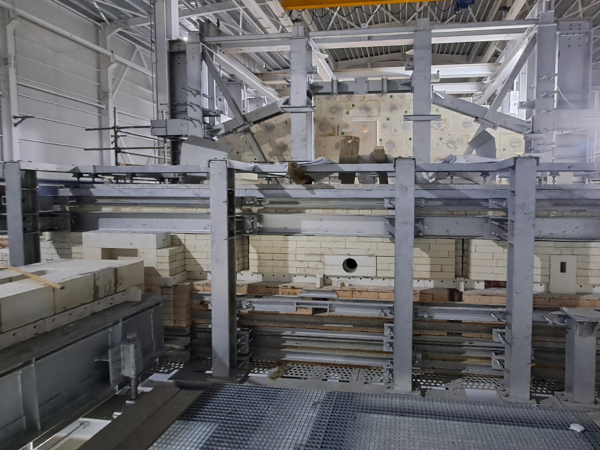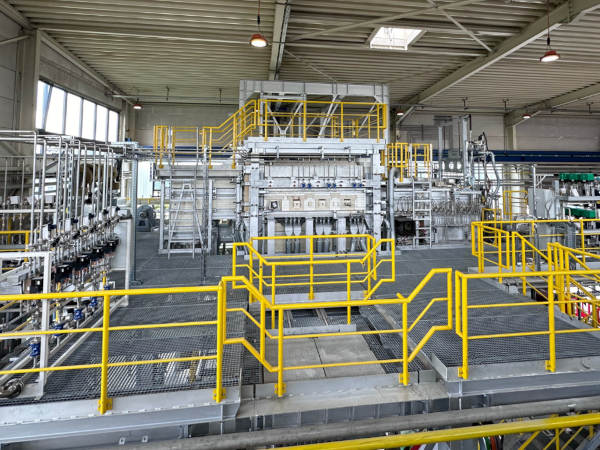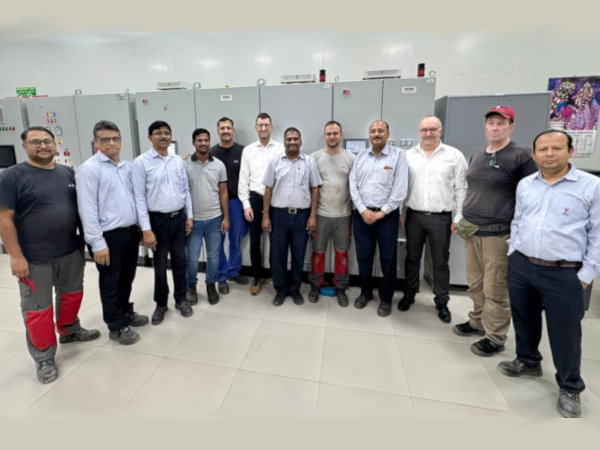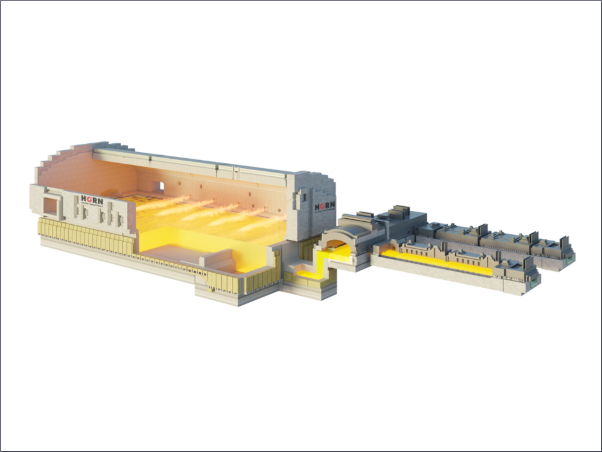Date: 11 November 2002
In fact, they are also misleading.
First, a background to what exactly we are talking about. One of the sources of waste comes from beverage bottles. We discard mineral water plastic bottles, beer cans and glass bottles from imported beer and wine.
On the other hand, for a number of years now, Malta has only allowed soft drinks to be bottled in reusable glass bottles, metal containers or kegs.
This ban on plastic has the effect of limiting waste because we use less plastic bottles. Instead, we use glass bottles that can be reused thanks to an efficient deposit-and-return system that encourages us to return glass bottles for reuse.
When we return our bottles, we get our deposit back. And it is estimated that this system also keeps some 80 million plastic bottles out of the waste stream. From an environmental point of view, therefore, this system works well. If anything, it needs to be extended to all types of drinks, not just soft drinks, and to all types of bottles, not just glass.
However, the ban also protects our local soft drinks industry against competition because, in practice, it blocks imports of soft drinks.
As a result, it also limits consumer choice. Maltese consumers are limited to soft drink made in Malta. At a price. Statistics show that Malta is one of the most expensive places for soft drinks. The price of the category of drinks that comprises soft drinks is 30 per cent higher in Malta than it is in the EU. Prices in Malta are even higher when compared to wealthier countries such as Luxembourg, Austria, Italy, Spain and France. And, of course, higher than all candidate countries. Soft drinks are only more expensive in Scandinavian countries.
Of course, competition is likely to push prices down.
This is where the EU comes in. If you are part of the EU, or if you are part of a free trade arrangement with the EU for that matter, then you must allow free trade. There can be no restrictions to free trade. This applies both in the context of membership and even in the context of a free trade arrangement with the EU. You either have free trade or you do not. In free trade you cannot keep out competition by banning plastic bottles.
Which is fine if we want free trade with the EU. But free trade can conflict with environmental protection if all types of bottles are freely allowed to be sold without any consideration for what happens to their packaging.
Unless something is done to prevent the potential damaging impact. And something can be done indeed. For instance, under EU law, you cannot just dump plastic bottles into the waste stream. Plastic should be recovered, separated from other waste and recycled. On this point, Malta negotiated a transitional period, until the end of 2009, to reach a minimum 15 per cent recycling target for plastic.
Specifically on the use of plastic bottles, during negotiations Malta first requested to maintain its beverage container packaging regime and therefore effectively retain its ban on imported soft drinks. This request was not accepted because the EU argued that Malta could still address waste problems using other means. It was possible to ensure that lifting the ban would not lead to an increase in waste.
It was therefore agreed that Malta would keep the ban on plastic bottles until the end of 2007. This would give the Maltese authorities enough time to adapt the beverage container packaging regime and it would give local industry enough time to adjust to competition.
There are different models that can be used for a system that prevents bottles from ending in the waste stream. The deposit-and-return system we use today is one such system which can be safely retained.
But consistency dictates that any new system should be all-inclusive and not just limited to locally-produced soft drinks. It should cover all types of bottles, not just glass.
Along with a mandatory deposit-and-return system, fiscal measures may be introduced to favour one type of packaging over another on the basis of its impact on the environment. In our case, this would mean that any eco-tax would be higher on plastic bottles than on glass bottles. This could encourage consumers to buy glass bottles and pay less tax. As a result, it would also lead to less plastic bottles being used.
The next step is for this new regime to be designed. Clearly there will need to be consultation with stakeholders. And serious political will is required to give the environment the priority it deserves, especially if local industry decides to switch from glass to plastic.
But the experience of other countries shows that, provided that they are implemented effectively, these systems can work. And you can have free trade in drinks without a mountain of plastic bottles.







Add new comment